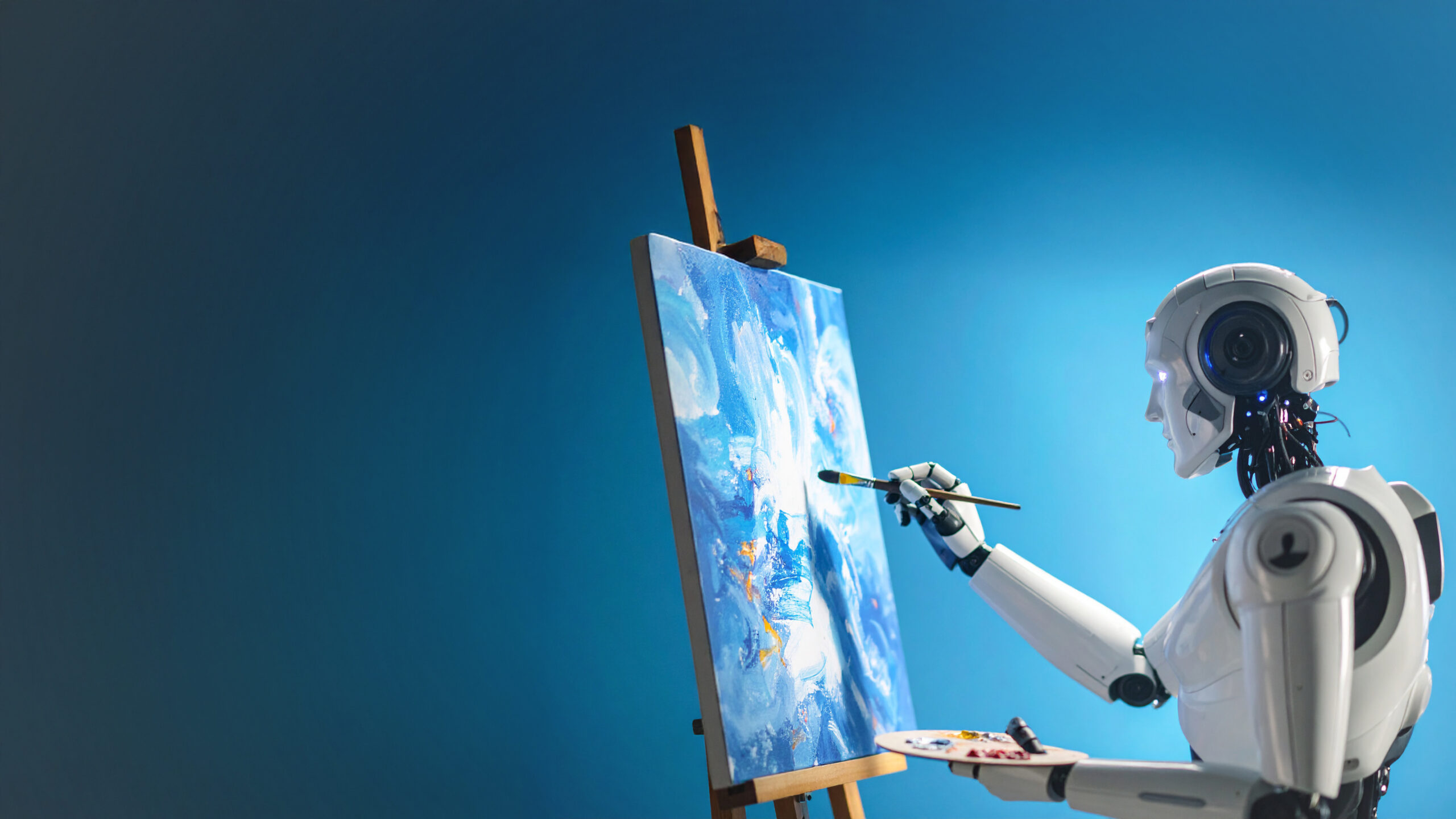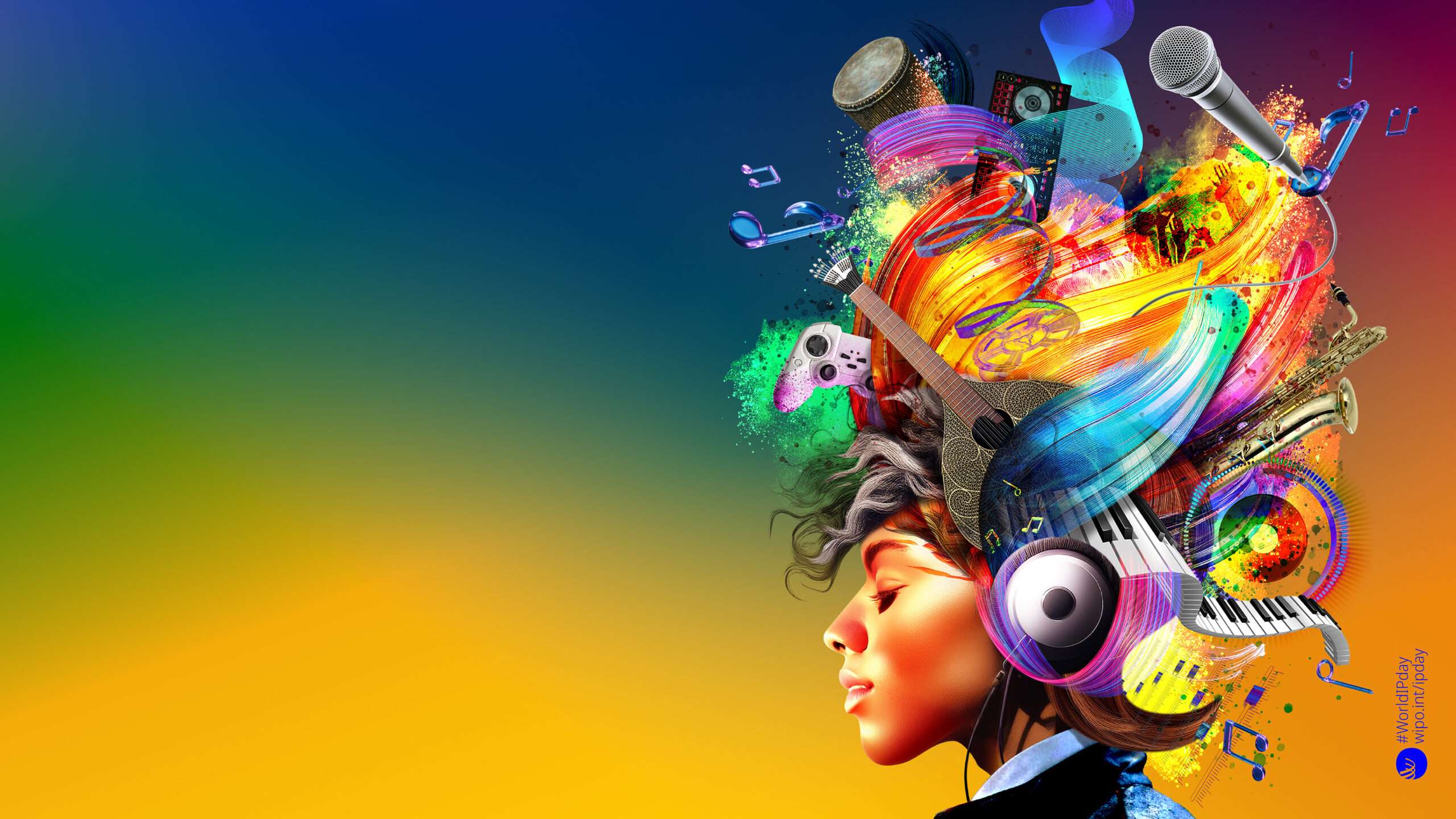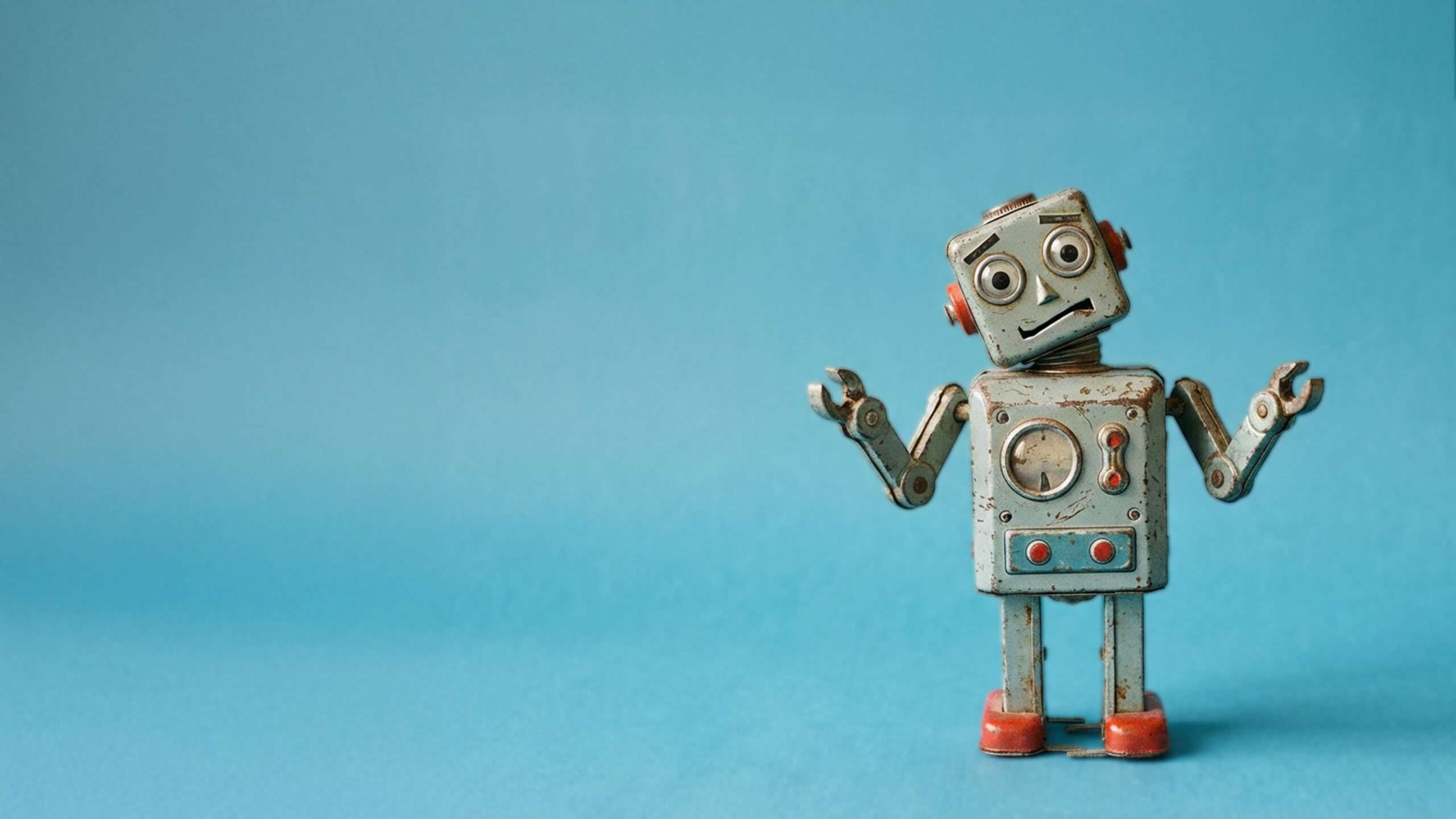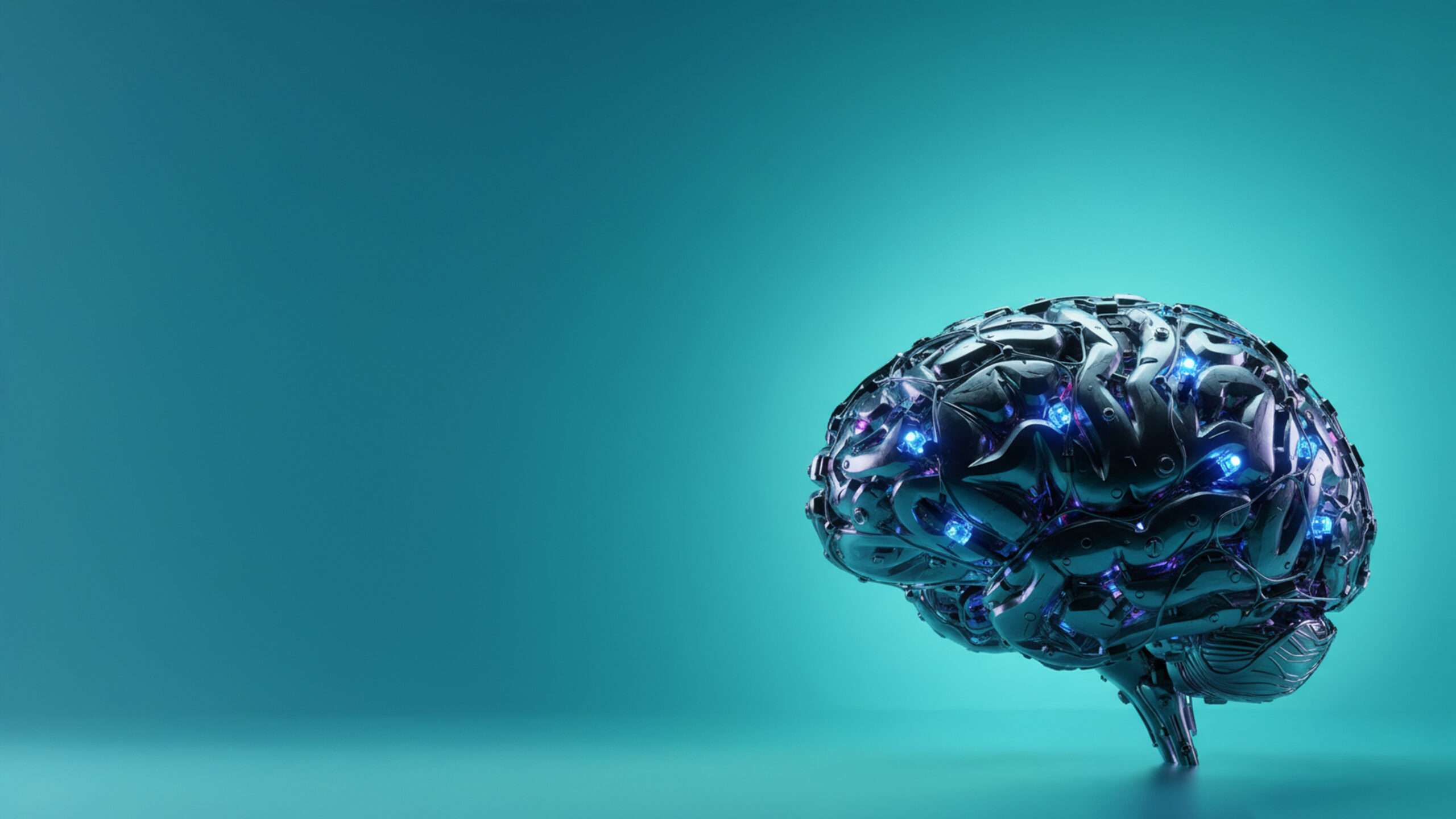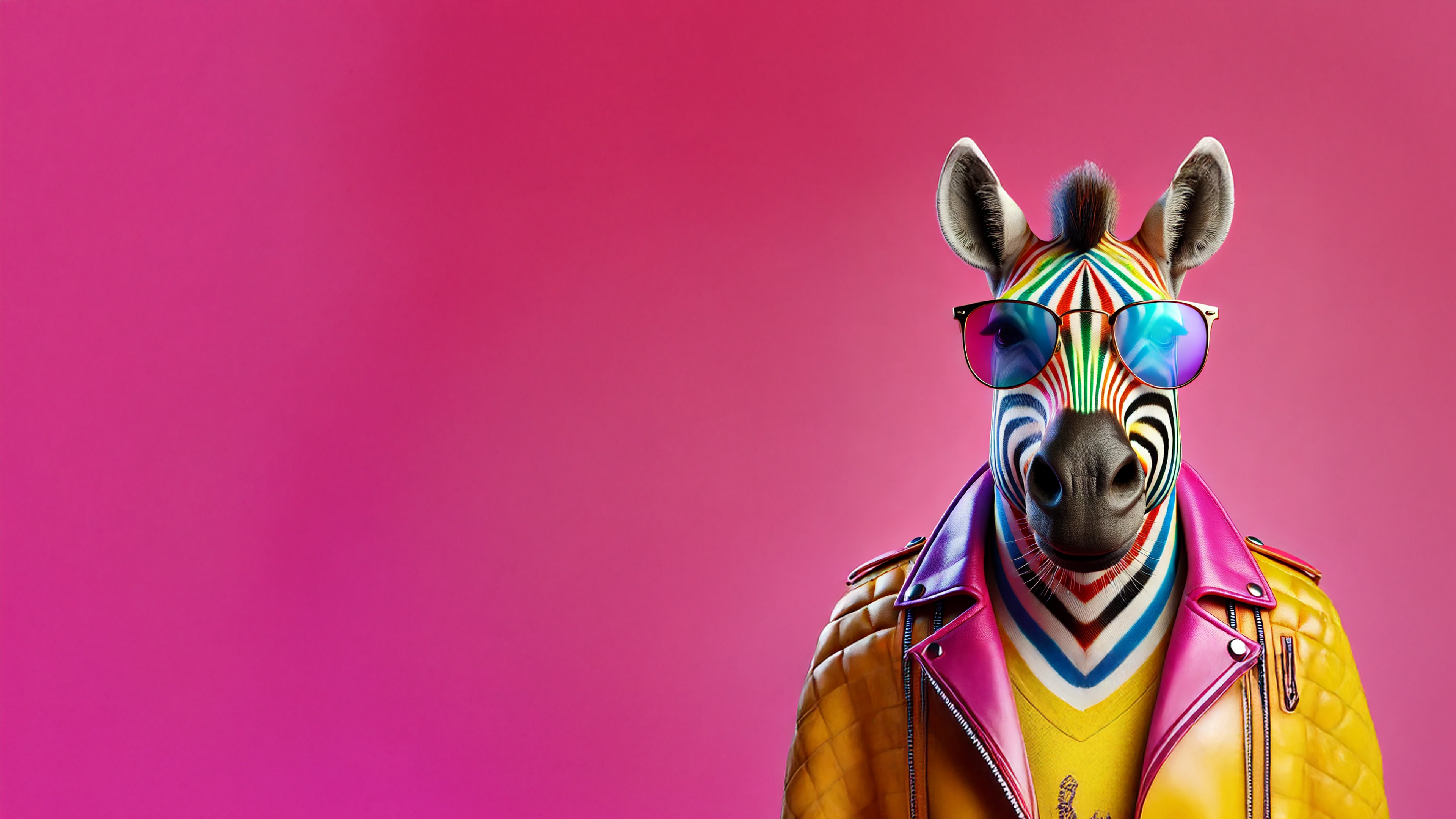
Authors
and
creatives.
Authors
and
creatives.
Copyright protects your works: from music and literature to art and software, copyright ensures appropriate recognition and remuneration. Let our experts advise you and protect your creative content with legal certainty!
Lawyers for copyright law
Copyright law protects works such as texts, speeches, music, photographs, films, but also computer programs and scientific and technical illustrations. As lawyers for copyright law, we support both freelancers and companies in protecting their copyright claims and taking action against infringements of their rights due to unauthorized reproduction, distribution and editing.
Creative professionals benefit from a clear legal framework, while consumers are protected from the unlawful use of content. However, the multitude of legal provisions can make it difficult for creators and companies to understand and enforce their rights. Without professional support, it is often challenging to comply with all copyright requirements. It is not only deliberate infringements of copyright that are prosecuted, but also and predominantly those that occur unknowingly.
Copyright law promotes creativity, innovation and cultural diversity. It regulates the conditions under which works may be used and protects the interests of authors and users.
Authors and works
Schutzumfang und Rechte des Urhebers werden im UrhG geregelt. Das Urheberrecht schützt das Werk als eine persönliche, geistige Schöpfung des Urhebers. Dies umfasst alle Arten von kreativen Inhalten, die von einem Menschen geschaffen wurden. Inhalte die von einem Tier oder aber auch durch künstliche Intelligenz erstellt wurden, sind keine Werke im Sinne des Urheberrechts.
Protected works include in particular:
- Literary works: books, articles, poems and other written texts
- Musical works: compositions, songs and sheet music
- Artistic works: paintings, drawings, sculptures and other works of art
- Film works: films, documentaries and other audiovisual productions
- Photographs: Original photographs and images
- Software: Computer programs and apps
- Dramatic works: plays, screenplays and other scenic works
- Architectural works: designs and plans for buildings and other structures
This list is not exhaustive, as other forms of creative expression may also be protected by copyright. Protection begins automatically with the creation of the work, without the need for registration.
Copyright enables authors to commercially exploit their works, grants them the law to recognize their authorship and protects them against distortion of their works. If protected works or performances are used by an unauthorized person, copyright law offers a wide range of options for taking action against the infringement. The infringer can be obliged to refrain from unauthorized use and to remove the infringement as well as to provide information and pay damages.
Info box
moral rights
Moral rights are an essential component of copyright law and protect the author’s personal and moral interests in their work. It includes various laws that ensure that the author retains control over the use and distribution of their creative creations.
Special feature of German copyright law:
The moral right is non-transferable and continues to exist after the death of the author, although it can generally be asserted by the heirs or successors for a certain period of time.
Central aspects of moral rights:
- Right to acknowledge authorship: The author has the right to be named as the creator of his work. This means that his name must be mentioned in connection with the work when it is published or used.
- Law on protection against distortion: The author can defend himself against changes or adaptations of his work that could damage his honor or reputation. This protects the integrity of the work and the author’s personal connection to his creation.
- Right of publication: The author has the law to decide whether and when their work is published. This gives them control over the time and type of publication.
- Right of withdrawal : In certain cases, the author may withdraw his work, in particular if it is used in a manner contrary to his personal interests.
Copyright infringements
The increasing digitization and thus increasing distribution of protected content in online media poses new challenges for rights holders and users alike. The most common copyright infringements include
- infringement of license conditions, for example by exceeding the agreed use
- Unauthorized reproduction or distribution of protected works
- Unauthorized use of protected content in advertising or media
- Missing or incorrect references when using works
- Unauthorized editing of works
Zudem können Verstöße gegen das Urheberrecht auch gleichzeitig gegen andere rechtliche Bestimmungen, wie etwa das Wettbewerbsrecht verstoßen, oder auch eine strafrechtliche Verfolgung erforderlich machen.
We are here to
to advise you on
Copyright!

Cease and desist letters and law enforcement
Copyright claims are usually first asserted by means of a cease and desist letter. The cease and desist letter usually contains a description of the copyright infringement and a request to cease and desist by submitting a cease and desist declaration. In addition, claims for information, damages and reimbursement of legal fees are often asserted. If copyright claims are not settled out of court, this is usually followed by legal proceedings. This can be either summary proceedings in the form of a temporary injunction or a lawsuit.
Received a cease and desist letter?
How to react
You are best advised to
cease and desist letter!
A cease and desist letter, e.g. for infringement of competition law, industrial property rights or copyright, should always be taken seriously, as it can have considerable legal and financial consequences.
Timely and professional advice is crucial in order to minimize risks and develop the right strategy.
- Check cease and desist letter: Have the cease and desist letter legally checked. Not every cease and desist letter is justified, formally correct and abusive cease and desist letters are unlawful.
- Observe the deadline: Be sure to respond within the set deadline to avoid further legal action such as an injunction or a lawsuit.
- Check the cease-and-desist declaration: Do not sign a pre-formulated cease-and-desist declaration without legal advice. It could be too far-reaching and lead to considerable and lasting disadvantages. Once a cease-and-desist declaration has been signed, it is almost impossible to get rid of it and can result in considerable follow-up costs in the form of high contractual penalties.
- Strategy: Regardless of whether the cease and desist letter is justified or not, you should consider the right strategy for responding to the cease and desist letter with professional support. Many aspects play a role here. For example, there may be formal errors or the submission of a cease-and-desist declaration may involve incalculable risks.
Our expertise as lawyers in copyright law
Copyright law is facing new challenges, not least due to ongoing technological and digital change, and is being adapted through constant changes to legislation and current case law.
Our team of specialized lawyers and specialist lawyers has many years of experience in the field of copyright law and provides companies, freelancers and creative professionals with legal advice and representation. Our services include, for example
- Drafting and advising on user contracts and license agreements
- Advice on protective measures for copyright-relevant content
- Enforcement of copyright claims against infringers
- Defense against unjustified warnings and temporary injunctions
We represent our clients in copyright matters nationwide before all German courts, as well as before the courts of the EU. We also represent our clients in copyright matters worldwide before colleagues from our international network.
Our team
im Urheberrecht
Our team
im Urheberrecht
Frequent
Questions About the
Copyright
Frequent
Questions About the
Copyright
Which works are protected by copyright?
Literary, scientific and artistic works, such as books, music, films, photographs, software, but also works of architecture, applied and visual arts and representations of a scientific and technical nature are protected by copyright, provided they constitute a personal intellectual creation.
What are the author’s most important laws?
The author has the right to recognition of his authorship, the right to protection against distortion of his work and the right to publication. These laws are non-transferable. In addition, he has various rights to exploit his work in physical form (reproduction, distribution, exhibition) and in incorporeal form (right of communication to the public).
What is copyright infringement?
Copyright infringement occurs when someone uses, copies, distributes or makes publicly accessible a protected work without the author’s permission. It does not matter whether the use is analog or digital.
What are the consequences of copyright infringement?
The consequences can range from a cease and desist letter to claims for damages and legal proceedings. In serious cases, there may also be criminal consequences.
How can I enforce my copyrights?
Authors can assert their laws out of court through cease and desist letters by requesting the infringer to submit a cease and desist letter with a penalty clause. An obligation to cease and desist as well as claims for damages and reimbursement of any legal fees can also be enforced in court.





